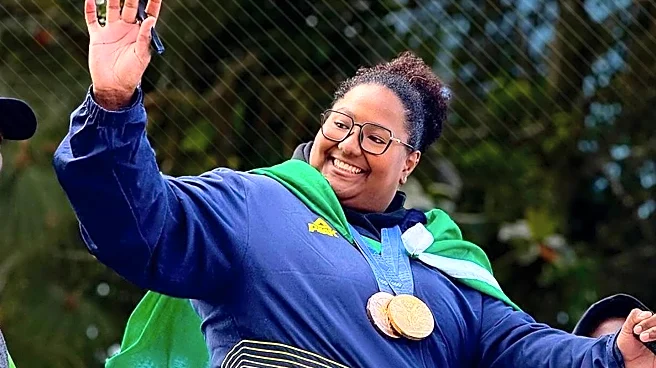What's Happening?
An Israeli court has ruled in favor of a childhood friend over a distant cousin in a contested inheritance case involving a $6.6 million estate. The deceased, who passed away in his 80s, had lived a successful life with his wife, who died in 2020. Following her death, he reconnected with a female childhood friend and drafted a handwritten will leaving her his entire estate. The cousin challenged the will, claiming it was forged and that the deceased was not mentally competent. However, the court found the will to be authentic and the deceased to have been of sound mind. The judge emphasized the lack of relationship between the cousin and the deceased, noting that the cousin had not maintained contact over the years.
Why It's Important?
This ruling underscores the legal principle that a person's documented final wishes should be respected, even if it means favoring non-family members over biological relatives. The decision highlights the importance of personal relationships and support systems in determining inheritance rights. It sends a message that distant relatives cannot easily contest a will based solely on biological ties, especially when there is clear evidence of the deceased's intentions. This case may influence future inheritance disputes, encouraging individuals to ensure their wills are clearly documented and reflect their true intentions.
What's Next?
The court's decision may prompt further legal scrutiny of inheritance laws, particularly regarding the weight of personal relationships versus biological connections. It could lead to more individuals seeking legal advice to ensure their wills are protected from potential challenges. Additionally, the unresolved legal proceedings concerning the deceased's late wife's will may continue to unfold, potentially impacting the distribution of her estate.
Beyond the Headlines
The case raises ethical questions about the definition of family and the role of personal relationships in legal matters. It challenges traditional notions of inheritance, suggesting that emotional bonds and caregiving can be as significant as blood ties. This could lead to broader discussions on the legal recognition of non-traditional family structures and the rights of individuals who provide care and support.










